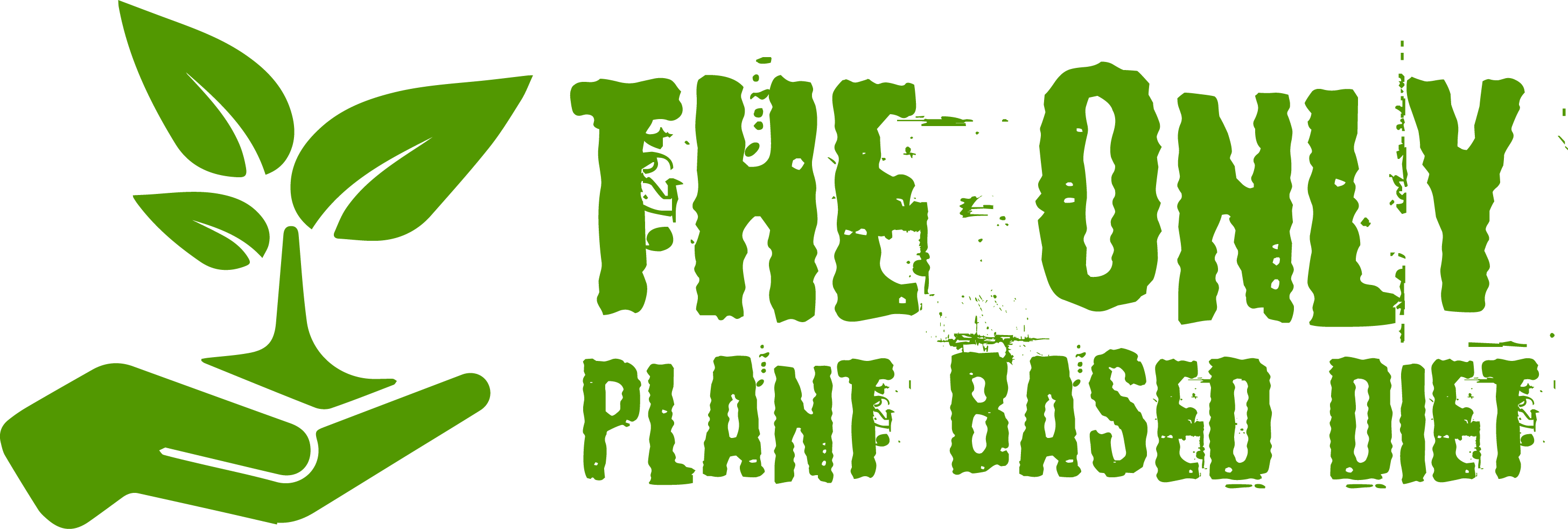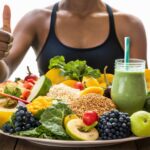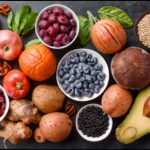The shift toward plant-based diets is a trend that’s gaining momentum for various reasons, including environmental concerns, animal welfare, and health considerations. However, when abandoning animal products, one must plan their diet meticulously to avoid nutritional deficiencies.
What Constitutes a Plant-Based Diet?
A plant-based diet primarily focuses on foods derived from plant sources. This can include not only fruits and vegetables, but also nuts, oils, seeds, legumes, and whole grains. However, depending on the extent to which one eschews animal products, these diets can range from veganism, which eliminates all animal products, to vegetarianism, where some animal products like dairy or eggs may be consumed.
The Rise of Veganism and Vegetarianism
In recent years, there’s been a significant surge in veganism and vegetarianism, driven by a coalition of factors such as a heightened awareness of the health benefits associated with these diets and a growing concern over animal welfare and environmental sustainability.
Nutrients Absent from Plant-Based Foods
However, entirely plant-based diets might lack certain critical nutrients predominantly found in animal products. Let’s delve into these essential nutrients and understand their significance, symptoms of deficiency, and potential workarounds.
The Essential Vitamin B12
Vitamin B12, pivotal for brain function, red blood cell production, and DNA synthesis, is a major concern for individuals adhering to strict plant-based diets because it’s primarily found in animal products like meat, dairy, and eggs.
Health Implications of Vitamin B12 Deficiency
The absence of B12 can lead to a plethora of health issues, including fatigue, neurological changes, anemia, and, in severe cases, heart disease and pregnancy complications. Alarmingly, symptoms might take years to show, making it a silent but potentially serious deficiency.
The Powerhouse: Creatine
Found naturally in muscle cells, creatine is known for enhancing physical performance and increasing muscle mass. It’s abundant in animal meat and helps supply energy to muscles and other tissues.
Why Creatine is Vital for Physical and Mental Health
Though not essential, as the body can produce it, creatine supplementation has been shown to improve not only muscle strength and exercise performance but also brain health. Plant-based dieters typically show lower levels of muscle creatine, which might affect their exercise performance.
Antioxidant Rich Carnosine
Carnosine, a compound significantly stored in muscles and the brain, is crucial for muscle function, reducing fatigue, and improving performance. It’s exclusively found in animal products.
The Importance of Carnosine in Muscular Function
While the body can synthesize carnosine, vegetarians and vegans often have lower muscle carnosine concentrations, potentially impacting muscle fatigue and overall physical performance.
Vitamin D3: The Sunshine Vitamin
Vitamin D is paramount for bone health, immune function, and more. While the sun is a primary source, certain foods also contribute, including animal-based sources of Vitamin D3, which is more effective at raising and maintaining adequate Vitamin D levels in the blood than plant-based Vitamin D2.
The Superiority of Vitamin D3
Though our body can produce Vitamin D through sunlight exposure, geographic location, lifestyle, and skin color can influence this ability, making dietary intake vital. However, for vegans, sourcing Vitamin D3 can be challenging since it’s primarily found in animal products.
Overcoming Nutrient Deficiencies
Awareness is the first step toward addressing these deficiencies. Various strategies can be employed to ensure adequate intake of these nutrients.
Supplements: A Solution?
For many following plant-based diets, supplements are often necessary to meet their nutritional needs. They are a convenient, though sometimes expensive, method to ensure adequate intake of vitamins like B12 and D3, and compounds like creatine and carnosine.
Fortified Foods: Bridging the Nutrient Gap
An alternative to supplements is consuming fortified foods. Many plant milks, cereals, and meat substitutes are now fortified with nutrients commonly deficient in plant-based diets. They represent a feasible way to obtain nutrients like B12 without resorting to supplements or animal products.
While plant-based diets are lauded for their health benefits and ethical stance, they can lead to deficiencies in certain critical nutrients found predominantly in animal products. Through strategic dietary planning, supplementation, or fortified foods, individuals following these diets can lead a healthful, nutritionally balanced lifestyle. Awareness and proactive management of one’s diet are key to reaping the benefits of plant-based living without the nutritional shortfalls.
FAQs
Can I get B12 from any plant-based sources?
Unfortunately, no plant foods naturally contain Vitamin B12 unless they’re fortified. You’d need to consume B12 supplements or fortified foods to meet your requirements.
Is sunlight enough for getting Vitamin D?
Sunlight can be sufficient for Vitamin D synthesis in your skin, but factors like your location, weather, skin color, and how much skin is exposed can all affect this. In many cases, supplementation might be necessary.
Are there plant-based sources of creatine and carnosine?
No, these compounds are found in significant amounts only in animal products. However, your body can synthesize them, and supplements are available if needed.
How can I ensure I’m getting all the nutrients I need on a plant-based diet?
It’s crucial to plan your diet carefully, ensuring a variety of foods are included. Consulting with a healthcare provider or a dietitian, especially when starting, can help. Regular blood work can also monitor nutrient levels.
Are fortified foods as effective as supplements for addressing deficiencies?
Fortified foods can provide significant amounts of nutrients, but they might not fully cover your needs, depending on your diet and any underlying conditions. It’s essential to assess your individual needs, possibly in consultation with a healthcare provider.







